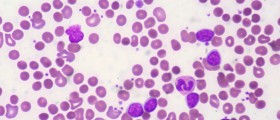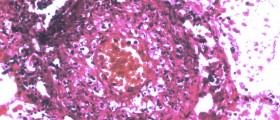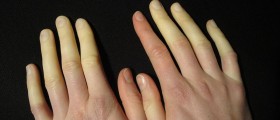I have been sick for few days and finally, yesterday I visited my doctor. He told me we should perform blood testing, he has to check if my sedimentation rate is elevated. All this he told me I did not understand quite well, so I want you to help me. Can you tell me procedure how sedimentation rate is checked? Then, I would like to get an explanation what does elevated sedimentation rate means.
Loading...
Sedimentation rate has some other alternative names, such as sed rate, and erythrocyte sedimentation rate. Sed rate is nonspecific screening test for various diseases, and this 1-hour test, measures the distance that red blood cells settle in un-clotted blood. This has been done in a specially marked test tube, measured in millimeters. When doctor decide to do sed rate, he will drawn blood from your vein, usually from the inside of the elbow or the back of the hand. Once that he collect specific amount of blood, he will remove the needle and cover puncture site to stop any bleeding. Sedimentation rate is used to monitor inflammatory or malignant disease, although this is not test used to diagnose specific disorder, but sed rate is screening test. When sed rate is elevated, it could be some of many diseases, for example kidney disease, pregnancy, anemia, and tuberculosis. Furthermore, elevated sed rate could show the doctor there is problem with rheumathoid arthritis and rheumatic fever, syphilis, thyroid disease or any other inflammatory condition. Sometimes could happen that sed rate is markedly elevates, which occurs with giant cell arteritis, necrotizing vasculitis, and some other serious conditions.
Loading...
















